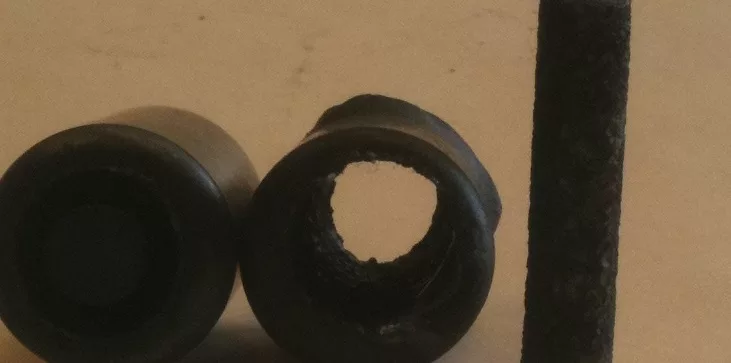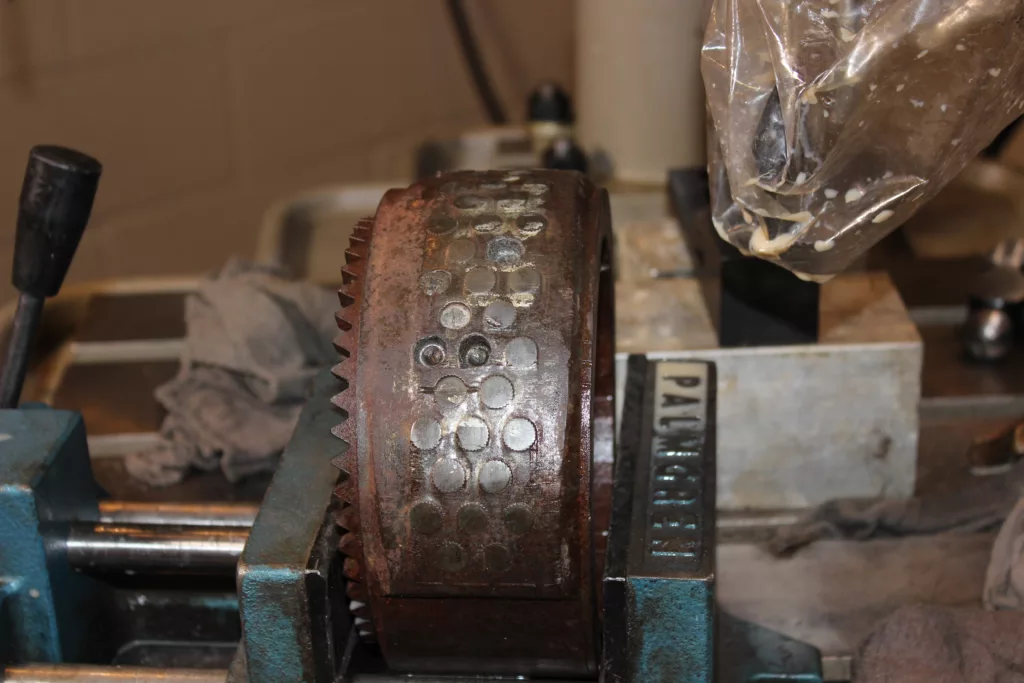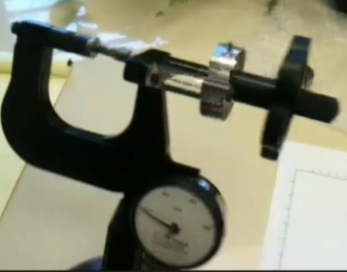Why Hardness Matters When Choosing Drill Bits
Knifemakers and Saw manufacturers are among the long-term customers of Ames Portable Hardness Testers. This makes sense because the hardness of your cutting instrument is an essential part of marketing your product. Drill bits are no different. The hardness of your drill bit tells a lot about the length of time you can count on the cutting power of your drill. One local manufacturer of drill bits compares the hardness of cobalt and carbide drill bits. This comparison references Rockwell hardness, showing that the hardness test provided the necessary information for customers like you considering purchasing drill bits.

What is the Hardness of your drill Bit?
According to the Tech talk carbide drill bits are of 75 HRC while cobalt drill bits are only 65 HRC. This makes the difference when using the drill bit because they last longer, are more heat resistant, and can improve your cycle times. On the flip side, carbide drill bits are more expensive, are harder to resharpen, and may need to be replaced when it is blunt.
Removing broken drill bits is no fun. Electro Arc metal disintegrator owners have experience with removing both cobalt and carbide drill bits. You may have experienced delays in manufacturing and machine downtime, due to a broken drill bit stuck in an essential part. Knowing your drill hardness can help you avoid this situation.

What is the Role of Hardness in Removing broken Drill Bits?
You can use Ames portable hardness testers to test hardness in just minutes. These testers are convenient because they can be used in tight spaces, like on the production floor to ensure your parts are the correct hardness. You can also plan to remove broken drill bits when you need to by having the correct machine on hand to do so. Cobalt and carbide drill bits, knives, and saw blades all have different hardnesses, so they will be different to remove. Our AC machines can remove your high-speed steel but you will need a DC machine to remove broken carbide drill bits.

As you know, there are lots of ways to check material for hardness, the most recognized is Rockwell. A wide assortment of portable testers are available on the market. Most of them can be converted to some sort of varying Rockwell reading. Electro Arc Ames portable hardness tester has been recognized across industries as a reliable, easy-to-use, accurate tester.
Some portable testers require manpower to hold the tester perfectly aligned and with enough force to get a consistent reading. Most of these testers use a spring-loaded penetrator shaft. This is fine but, if conditions are not correct, (misalignment, clamping pressure, surface finish, or material density), the test will be inaccurate and repeatability will be nonexistent. Ames Portable Hardness Testers, require no electricity and have a zero carbon footprint. The sling shot configuration securely traps the specimen between the penetrator and anvil allowing positive contact for the minor and major loads to be applied.